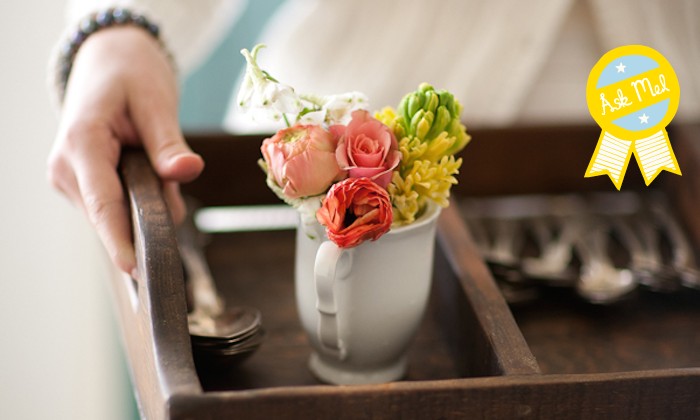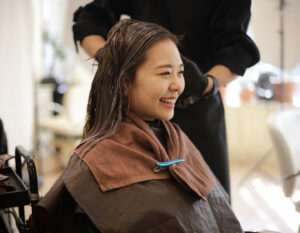
Sir, Ma’am, Mr., Mrs. or simply your name?
We call our general practitioner a doctor and our kiddos call their older relatives Aunt or Uncle, so it is the same when it comes to the relationship with our domestic helper. What should we call our helper and how should our helper address us? What is appropriate and respectful? Our expert, Mel tackles this subject in this edition of Ask Mel.
Q: How should our helper address us? What if we don’t feel comfortable with her calling us “sir” and “ma’am?”
This is a personal choice for each employer and helper. New employers may feel a bit awkward when hearing their domestic helper address them as “sir” or “ma’am.” On the other hand, many helpers feel awkward (even rude) if they don’t address their employers in this way. I had one employer tell me how she’d encouraged her helper to drop the formality; but, in the end, her helper never ended up addressing her as anything more than “Excuse me”, since she just couldn’t bring herself to call her employer by her first name!
Many Filipinos grow up addressing even their peers with certain terms and names based on their age and the nature of their relationship. My helper tells me that one of the first questions she’ll ask a fellow Filipino is, “How old are you?” so that she will know which title to put before that new acquaintance’s name. I often observe this firsthand, as my helper refers to her friends as “Ms. Norie” or “Auntie Teresa.”
So, it may come quite naturally for your helper to address you with a title, just like we may feel more comfortable using titles such as “doctor” or “professor” with certain people. This may explain why some domestic workers will shy away from using your first name out in public, so as not to give the impression that they are disrespectful.
That said, if it really bothers you, talk with your helper and ask her to call you something other than “ma’am” or “sir.” Explain culturally where you’re coming from, so she understands why you have this preference. You could say something like:
- “In my country, the terms ‘ma’am’ and ‘sir’ are very old words that we don’t really use anymore. I know you are saying it to be respectful, but it feels strange for me to hear you call me that. Is there a different word that you could use for me instead? Maybe you can call me ‘Auntie _____’?”
Or:
- “At my job, the employers and employees both call each other by their first names. We still respect each other, even though we don’t use the words ‘ma’am’ and ‘sir.’ Would you be ok calling me by my first name?”
In our house, we have compromised and have found something that works for both of us: our helper refers to us as “Miss Mel” and “Sir Marcus.” That way, she still feels respectful, while we enjoy the familiarity that comes along with hearing our names.
Do what works for you and your helper, and don’t feel any pressure to do what works for us or others. Different employers and different helpers will have their own levels of comfort or uneasiness when it comes to this. Let’s respect each other’s choices on this minor issue because the use – or absence – of titles when addressing people is not necessarily a negative thing, if done out of respect or to honour someone else’s cultural preferences.
 View All
View All











 View All
View All





 View All
View All


 View All
View All













